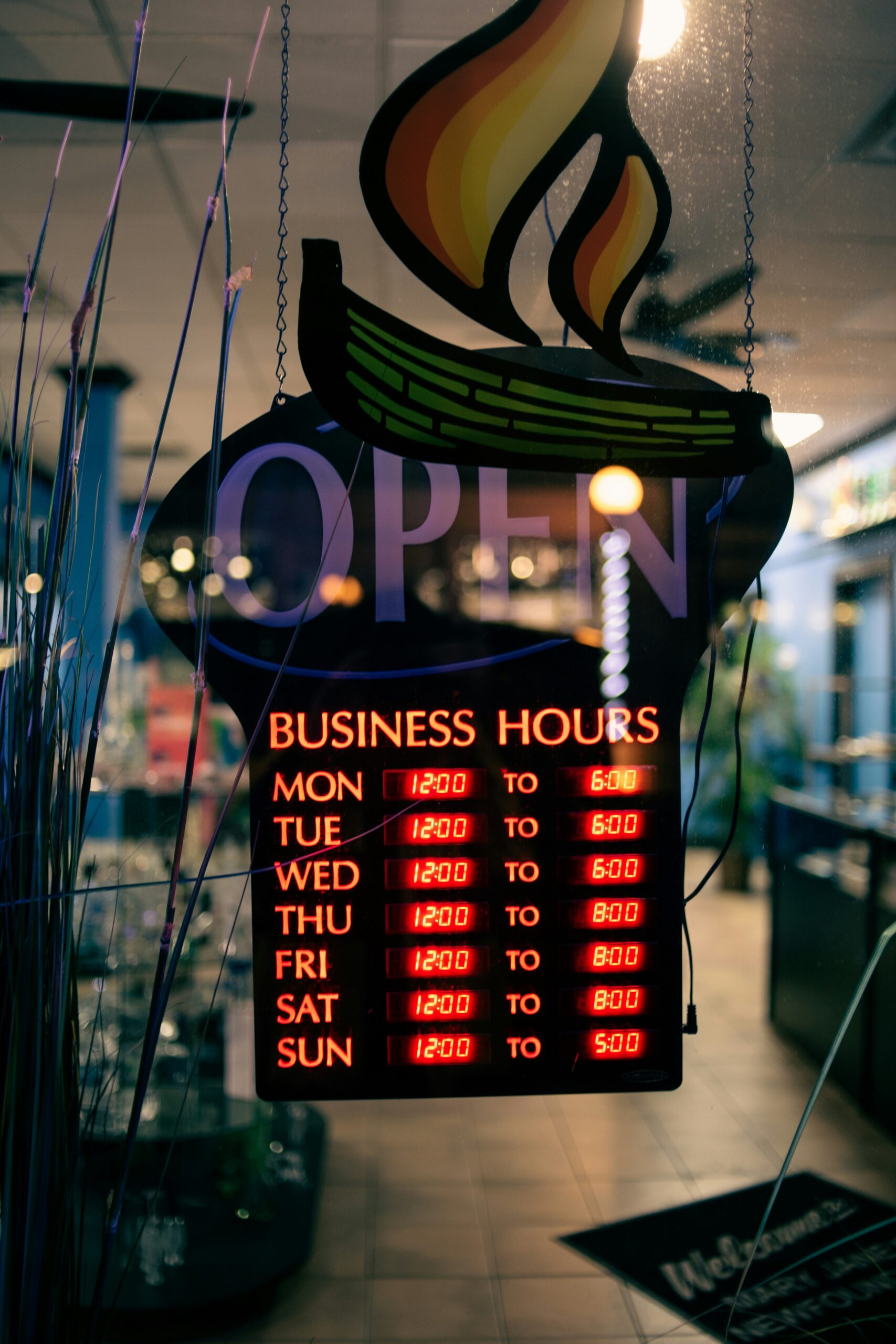Introduction:
The idea of barter is as old as civilization. Long before the money was present, people exchanged the goods and services. In today’s hyper-coupled economy, this old concept creates a fantastic comeback but in a smart, digital form. In industries, companies and entrepreneurs trading skills instead of cash, giving rise to a modern drilling economy that emphasizes collaboration, creativity and resource efficiency.
Change in cooperation from cash
In traditional business models, money has been the latest exchange medium. However, economic instability, inflation and development of digital platforms have inspired businesses to experiment with alternatives. Barter trading is no longer limited to farmers to exchange crops or craftsmen, who now exchange equipment -it includes start -up, freelancers and even global companies that trade business skills, marketing help or intellectual work. This change shows deep changes in business values: trust, cooperation and shared resources are now valuable as capital.
Modern exchange platforms and networks
The reinforcement of barter is run by technology. Digital platforms and apps now allow companies to list their skills, services or extra inventory and match them with those they need them. This creates a barter network where companies can exchange services such as online development, legal advice or marketing campaigns without spending money. Such platforms make transactions traditional, traceable and scalable, making barter trade a practical alternative for traditional business transactions.
Why business chooses skills on money
The business embraces barter for several reasons. For start -up and small companies with limited cash flow, it offers a way to reach valuable resources without heavy financial investments. For large companies, barter offers a way of maximizing unused capacity -which exchanges of empty rooms for advertising services or the exchange of the shiny room for airlines trading with airports for partnerships. The concept of value without currency allows companies to expand their networks, reduce financial risks and operate indefinitely in a more flexible way.
Psychological value of trading skills
Interestingly, not only provides financial benefits – it also creates a strong relationship. When two companies exchange skills, there is a sense of mutual trust and respect that money often does not give. This participation can lead to long -term cooperation that is outside the same transaction. The human element of exchange appeals to barter, especially in today’s professional world, where personal connection and authenticity are very valuable.
Case Studies: barter in action

The modern business is not theoretical – it already forms industries. Creative agencies often change branding services with technical start -up in exchange for app development. Influencers can trade social media promotion for products, while advisors exchange knowledge for access to new markets. Even large companies experiment with barter to form alliances in areas such as logistics, stability and global trade participation.
Barter challenges in modern times
Despite its increasing popularity, barter is still facing obstacles. Determination of the exchange of services can be complicated to determine reasonable price, and legal structures around taxation and contracts are often not clear. Companies should also ensure that barter does not reduce their skills or create an imbalance in partnership. However, with clear agreements and support from digital units, these challenges are gradually addressed, making barter trade a more reliable business strategy.
The future barter of the future
Since the world faces economic uncertainties, lack of resources and digital connection, the bartering economy is expected to be even stronger. Companies are aware that not all transactions must be defined on monetary terms. The future can see hybrid models where money, barter and blockchain-based token coexistence, which provides more flexibility to companies how they shop and grow.
Conclusion: Business skills such as new currency
The refinement of barter emphasizes a significant change in the modern economy. Companies are no longer limited to traditional economic systems – they are free to build value through collaboration, creativity and skills exchange. In this new scenario, barter is not a step behind, but a step towards a more durable and human focused form of business. Companies that fit this trend will not only save money, but will also create deep participation, making barter trade one of the most new and practical equipment for the future of the business.

